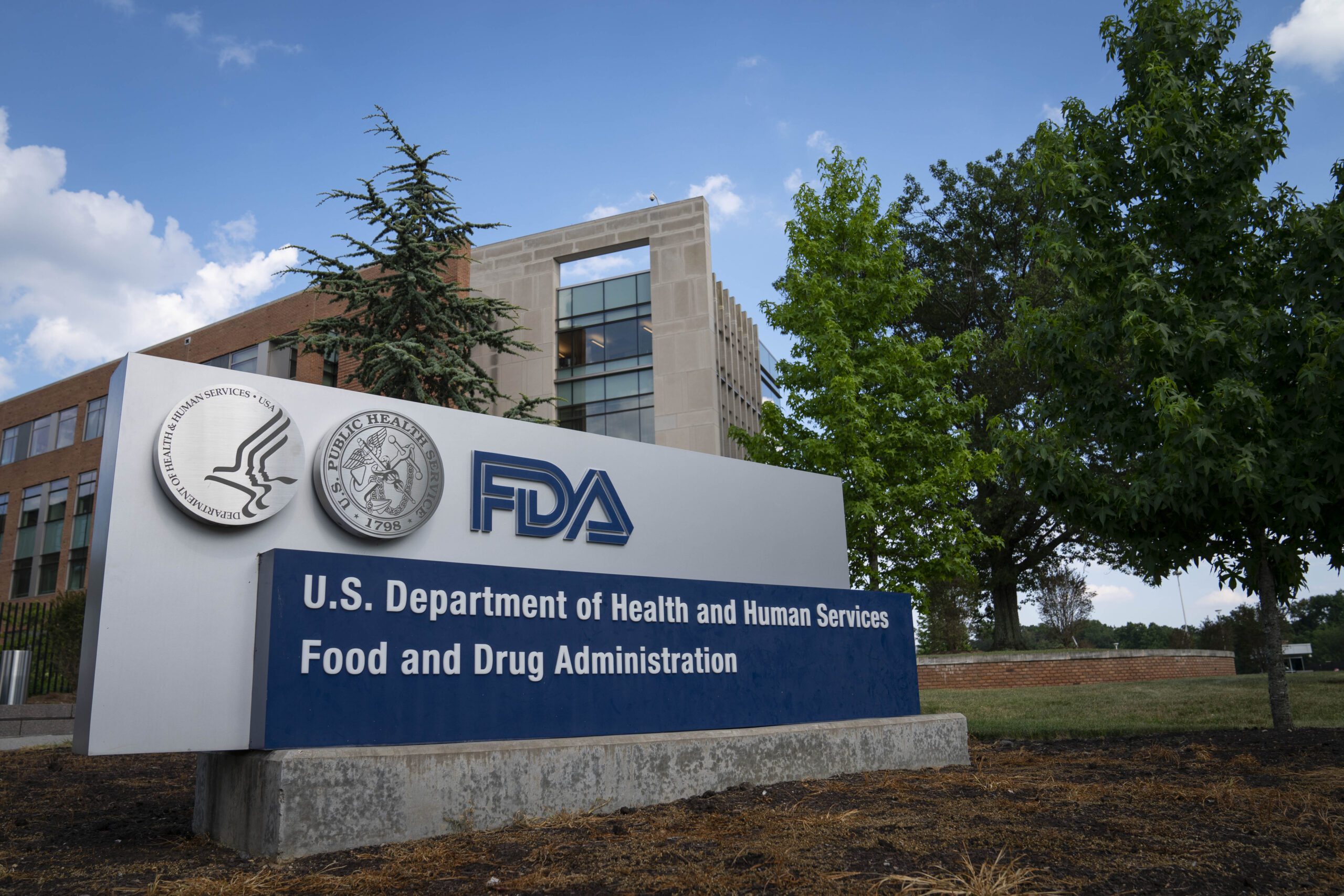
Adaptimmune Receives U.S. FDA Accelerated Approval for TECELRA® – A New Therapy for Synovial Sarcoma
August 2, 2024
| BioBuzz has been connecting the life science workforce since 2009. We’ve built an expansive community in the Mid-Atlantic with a national readership that spans from Massachusettes to Florida, and New York to California. For our next chapter, we’re building a proprietary talent logistics model to help employers source and hire life science talent. Learn more. |
Adaptimmune Therapeutics has achieved a significant milestone with the U.S. FDA’s accelerated approval of TECELRA® (afamitresgene autoleucel). This marks the first-ever engineered cell therapy approved for a solid tumor, offering a new treatment option for adults with advanced synovial sarcoma.
TECELRA is a novel cell therapy designed to treat adults with synovial sarcoma, a rare and aggressive cancer. It is intended for patients who have previously undergone chemotherapy, possess specific HLA types (HLA-A02:01P, -A02:02P, -A02:03P, or -A02:06P), and whose tumors express the MAGE-A4 antigen.
This approval is a major breakthrough for patients with synovial sarcoma, a cancer that primarily affects young adults and has had limited treatment options for over a decade. TECELRA’s approval is based on its demonstrated ability to improve response rates and the duration of those responses in clinical trials.
The pivotal SPEARHEAD-1 trial, involving 44 patients, showed promising results with an overall response rate (ORR) of 43% and a complete response rate of 4.5%. Among those who responded to the treatment, 39% maintained their response for 12 months or longer.
Adrian Rawcliffe, Adaptimmune’s CEO, expressed gratitude to everyone involved in the development and approval process, emphasizing the company’s dedication to advancing cancer treatment. Adaptimmune is also progressing with their next investigational treatment, lete-cel, for sarcoma, with plans to submit for FDA approval next year.
Adaptimmune is preparing to support healthcare providers in testing patients for eligibility and is ready to start taking orders for TECELRA. They plan to establish six to ten authorized treatment centers (ATCs) this year, with a goal of reaching 30 centers within two years. These centers are recognized leaders in sarcoma research and treatment.
Brandi Felser, CEO of the Sarcoma Foundation of America, highlighted the critical need for new treatment options for synovial sarcoma patients, especially those diagnosed at a young age. This approval brings renewed hope to the patient community.
Dr. Sandra D’Angelo from Memorial Sloan Kettering Cancer Center, a principal investigator in the SPEARHEAD trial, emphasized the significance of this new therapy, which uses patients’ own immune cells to target and attack cancer cells.
About Synovial Sarcoma
There are more than 50 different types of soft tissue sarcomas which are categorized by tumors that appear in fat, muscle, nerves, fibrous tissues, blood vessels, or deep skin tissues.1 Synovial sarcoma accounts for approximately 5 to 10% of all soft tissue sarcomas (there are approximately 13,400 new soft tissue cases in the U.S. each year).1,2 One third of patients with synovial sarcoma will be diagnosed under the age of 30.2 The five-year survival rate for people with metastatic disease is approximately 20% and most people undergoing standard of care treatment for advanced disease experience recurrence and go through multiple lines of therapy, often exhausting all options.1,3
About TECELRA
TECELRA® (afamitresgene autoleucel) is a melanoma-associated antigen A4 (MAGE-A4)-directed genetically modified autologous T cell immunotherapy indicated for the treatment of adults with unresectable or metastatic synovial sarcoma who have received prior chemotherapy, are HLA-A*02:01P, -A*02:02P, -A*02:03P, or -A*02:06P positive and whose tumor expresses the MAGE-A4 antigen as determined by FDA-approved or cleared companion diagnostic devices.
This indication is approved under accelerated approval based on overall response rate and durability of response. Continued approval for this indication may be contingent upon verification and description of clinical benefit in a confirmatory trial.
- About the Author
- Latest Posts
BioBuzz is a community led, experience focused, biotech and life sciences media and events company. BioBuzz highlights regional breaking news, industry professionals, jobs, events, and resources for business and career growth. Their weekly newsletter is subscribed to by thousands in the BioHealth Capital Region and Greater Philadelphia as the go-to for industry updates.







